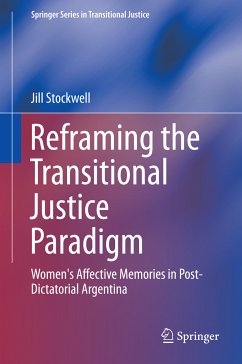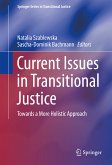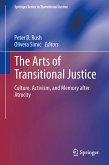¿This volume explores the evolving and complex memorial consequences of political and state violence in post-dictatorial Argentina. Specifically, it looks at the power and significance of personal memories of trauma and loss of two groups of women who represent antithetical versions of the recent Argentinian past: those affected by military terror and those affected by armed guerrilla violence. This volume contends that we need to look beyond political and ideological contestations to a deeper level of how memorial cultures are formed and sustained. It argues that we cannot account for the politics of memory in modern-day Argentina without acknowledging and exploring the role played by individual emotions and affects in generating and shaping collective emotions and affects. Drawing on first-hand oral testimony taken from Argentinian women who experienced the political violence and state terror of the 1970s and 1980s, the research in this volume aims at understanding how their affective memories may be a different source of insight into the ongoing, deep animosities within and between Argentine memorial cultures.
In direct contrast to the nominally objective and universalist sensibility that traditionally has driven transitional justice endeavours, this volume challenges the current transitional justice framework and examines how affective memories of trauma are a potentially disruptive power within the reconciliation paradigm. Accordingly, Reframing the Transitional Justice Paradigm: Women's Affective Memories in Post Dictatorial Argentina is an excellent resource for those interested in human rights, transitional justice, social memory, cultural studies, clinical psychology and social work, and Latin American conflicts.
Dieser Download kann aus rechtlichen Gründen nur mit Rechnungsadresse in A, B, BG, CY, CZ, D, DK, EW, E, FIN, F, GR, HR, H, IRL, I, LT, L, LR, M, NL, PL, P, R, S, SLO, SK ausgeliefert werden.









